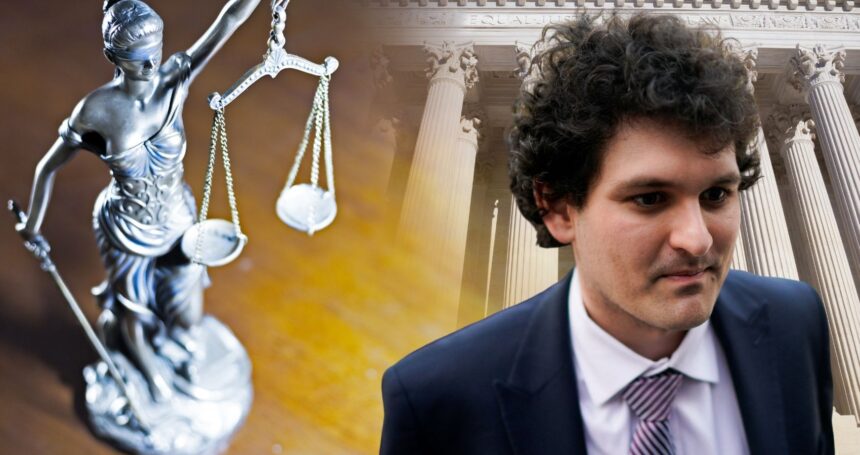A federal appeals court has scheduled Sam Bankman-Fried’s challenge to his conviction and 25-year sentence for Monday, Nov. 4, placing one of crypto’s most-watched cases back in a New York courtroom.
The Second Circuit docket shows the hearing date following months of briefing over how the 2023 trial was conducted.
Bankman-Fried, the former FTX chief executive, filed his notice of appeal in April 2024 after a jury found him guilty on seven counts and U.S.
District Judge Lewis Kaplan imposed a 25-year prison term on March 28, 2024. Appeals in complex white-collar cases can take years and rarely result in full reversals.
Defense lawyers have argued the trial was unfair because the court curtailed testimony and evidence they say would have supported an advice-of-counsel theory and a narrative that customers might ultimately be repaid through FTX’s bankruptcy recoveries.
The Nov. 4 argument matters less for day-to-day bankruptcy payouts than for what could happen on the margins. The Chapter 11 process in Delaware has moved ahead this year with court-approved distributions and a plan that anticipates returning tens of billions of dollars, based on account values set at the November 2022 petition date.
A fresh ruling that disrupts parts of the criminal judgment could influence restitution and forfeiture orders or the timing of related civil claims, even if the core recovery machinery continues.
Historical judiciary data shows that fewer than one in ten federal appeals end in reversal, and criminal cases fare worse than civil ones that does not foreclose narrower outcomes that still matter, such as a limited remand on jury instructions or evidentiary rulings, or a resentencing if the panel finds error without disturbing the convictions.
The case lands amid a different crypto landscape than when FTX collapsed in 2022. Prices recovered, venture funding reopened selectively, and regulators continued to press enforcement actions against exchanges and token issuers.
An affirmance would likely cement the government’s narrative of FTX as a classic fraud executed through novel plumbing, reinforcing a compliance-first message across the industry.
A meaningful win for the defense could complicate that story, potentially narrowing how prosecutors deploy evidence about customer losses and corporate legal advice in future crypto prosecutions.














